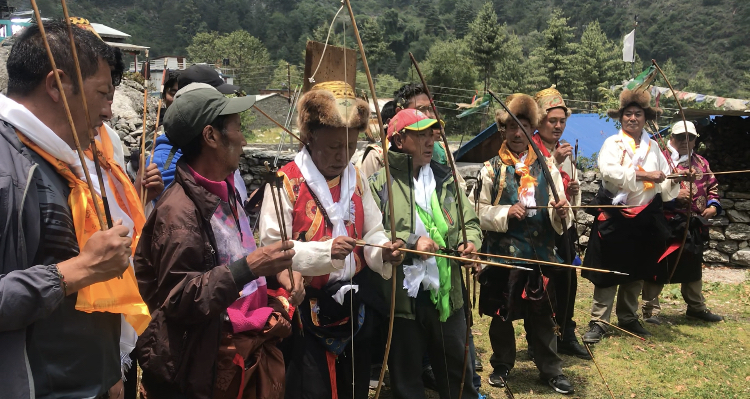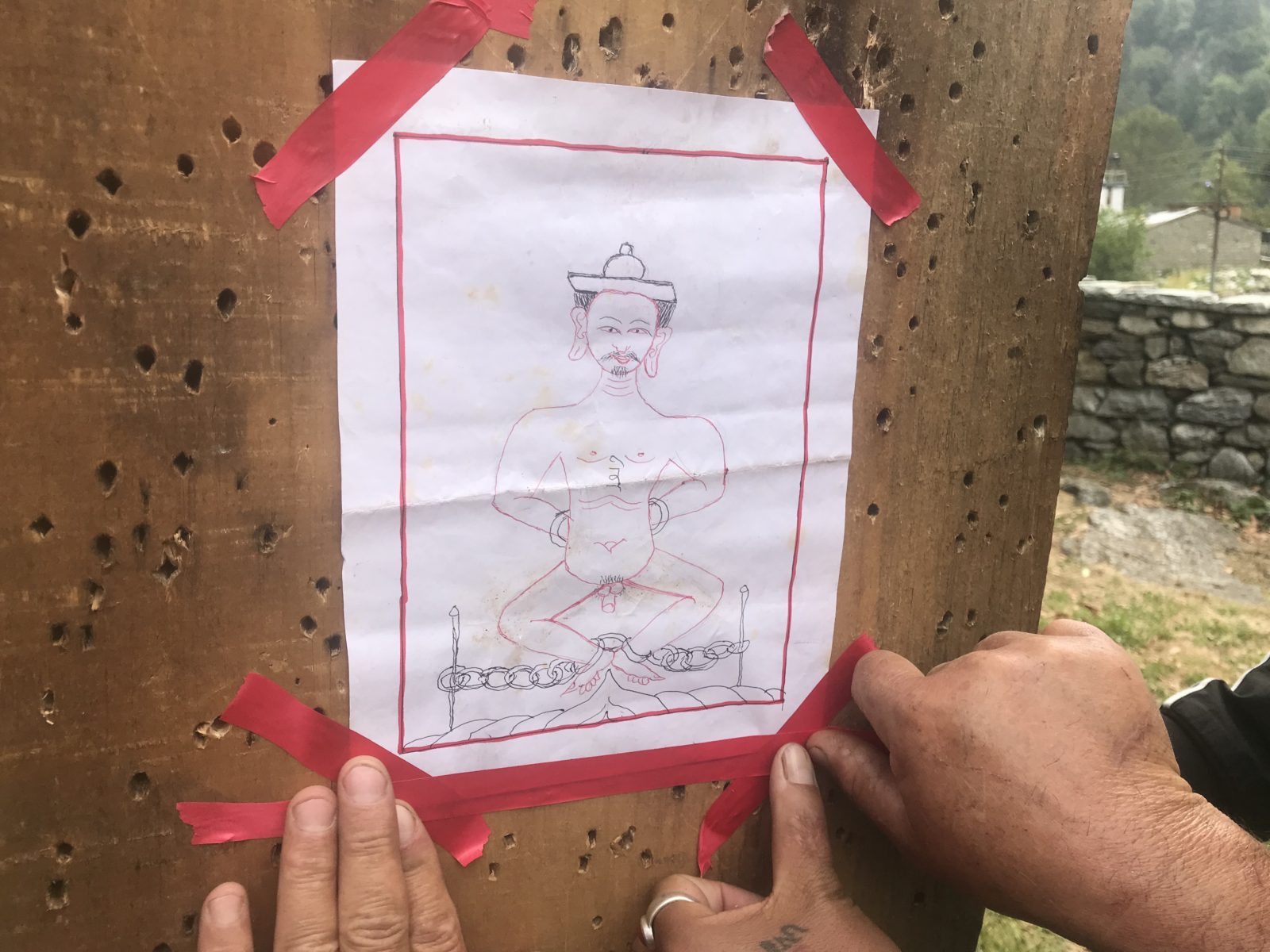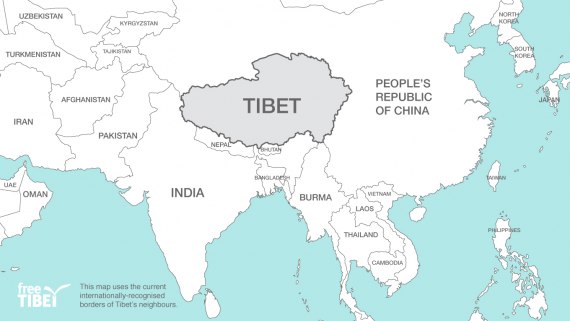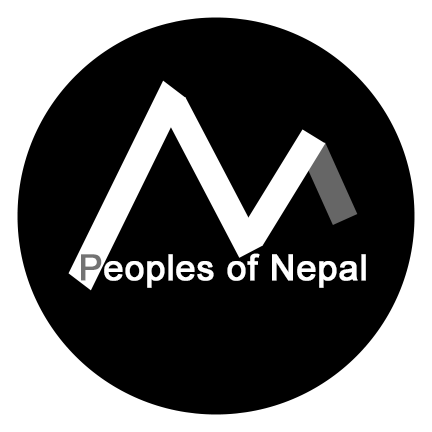Dachan Festival
The Dachan Festival is a Tibetan festival that we were told about when we visited the Manang District. Dachan literally translates to “the practice of bow and arrow” (da=arrow, chan=bow). It occurs once a year and celebrates the battle between good and evil.

The celebration of the festival varies slightly from village to village due to some lost tradition. In upper Manang, for example, the celebration lasts 4 or 5 days. On the first day, the villagers will gather and decide how long to celebrate. Over the course of the next 3-4 days, there will be celebrations including food, drink, horse racing, and the famous bow and arrow competition.

For the competition, the villagers will aim to shoot arrows at a target, sometimes portrayed as the drawing of a demon. Those that shoot at the demon do so to symbolize the destruction of evil in the village. Others just see the competition as a game for fun. In both cases, the man that is the most accurate in his shot is highly respected in the village.
The festival used to be celebrated out of necessity so fathers could teach their sons how to protect their village from outside threats. Now it is simply a time of fun and celebration. However, many of the traditions of this festival are being lost. For example, in some upper regions of Manang, they practice horse racing as part of the festival. However, in many of the lower regions, they no longer practice horse racing. It is a tradition that has faded as time has pressed on.
Fading Traditions
The issue of fading traditions is one that is beginning to concern many of the Tibetan people, especially regarding language. The Tibetans that currently live in Manang usually have ancestors that migrated from Tibet 3-5 generations ago. In that amount of time, they have begun to assimilate to the surrounding cultures. It is rare to find someone that is able to speak the pure Tibetan language. Rather, they speak different forms of Tibetan that have been mixed with a variety of Sherpa, Helambu, or Gurung languages.
In addition, as the younger generations of Tibetans are afforded more educational opportunities, they are beginning to lose elements of their Tibetan culture. Many of the schools teach Nepali and English. In order to preserve the Tibetan culture, students must attend a Tibetan school, which are not as common or cheap as government schools.

Ever since China invaded Tibet in the 1950’s, Tibetan culture has been under attack. Mass waves of Chinese immigration as well as Tibetan emigration puts the Tibetan culture at risk. Many of the Tibetan people have begun to assimilate with those around them to create varying forms of hybrid Tibetan cultures. It is important for the Tibetan people to be able to express themselves through their culture before it ceases to exist entirely.
